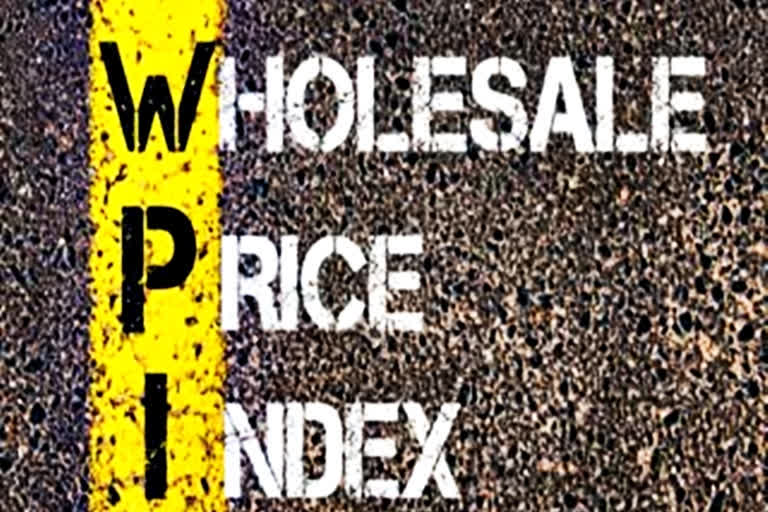New Delhi: The wholesale price-based inflation moderated to 1.22 per cent in December as prices of kitchen staples onion and potato eased, as per a government data released on Thursday.
The Wholesale Price Index (WPI) inflation was 1.55 per cent in November 2020, and 2.76 per cent in December 2019.
"The rate of inflation based on WPI Food Index decreased from 4.27 per cent in November 2020, to 0.92 per cent in December 2020," as per the data released by the Department for Promotion of Industry and Internal Trade.
The rate of price rise on wholesale basis in the vegetables basket declined to (-) 13.2 per cent in December, as against 12.24 per cent inflation in the preceding month.
The data showed onion prices contracted by 54.69 per cent in December, as against a decline of 7.58 per cent in November. The inflation in potato eased to 37.75 per cent in December from 115.12 per cent in November.
According to the data, rate of inflation in cereals, paddy, wheat and pulses, also eased in December over the previous month. The wholesale prices of fruits were however higher in December compared to November.
While inflation in food prices eased, the rate of price rise in manufactured goods rose to 4.24 per cent in December. It was 2.97 per cent in November. Manufactured products, include food products, beverages, textiles, chemicals, pharmaceuticals and cement.
Read more: Petrol, diesel price reach new highs with 25p/ltr rise
The WPI-based inflation in fuel and power segment too increased marginally during the month under review.
It is to be noted that retail inflation too had dropped sharply to 4.59 per cent in December, mainly due to declining food prices.
Commenting on the data, Aditi Nayar, Principal Economist, ICRA Limited said WPI inflation recorded a pullback in December 2020, driven by a disinflation in primary food items and lower inflation for primary non-food articles, even as core inflation spiked to a 24-month high of 4.2 per cent, injecting concern regarding the trajectory of the WPI going forward.
"The sharp 1.5 per cent rise in the core-index in month-on-month terms, partly reflects higher commodity and metal prices, as well as a rise in pricing power, in line with the revival in global demand with the COVID-19 vaccines roll out," she said.
The surge in the core-WPI inflation has completely doused any lingering hope that the dip in the December 2020, CPI inflation would be adequate for rate easing to recommence in the upcoming policy review, she added.
(PTI)



